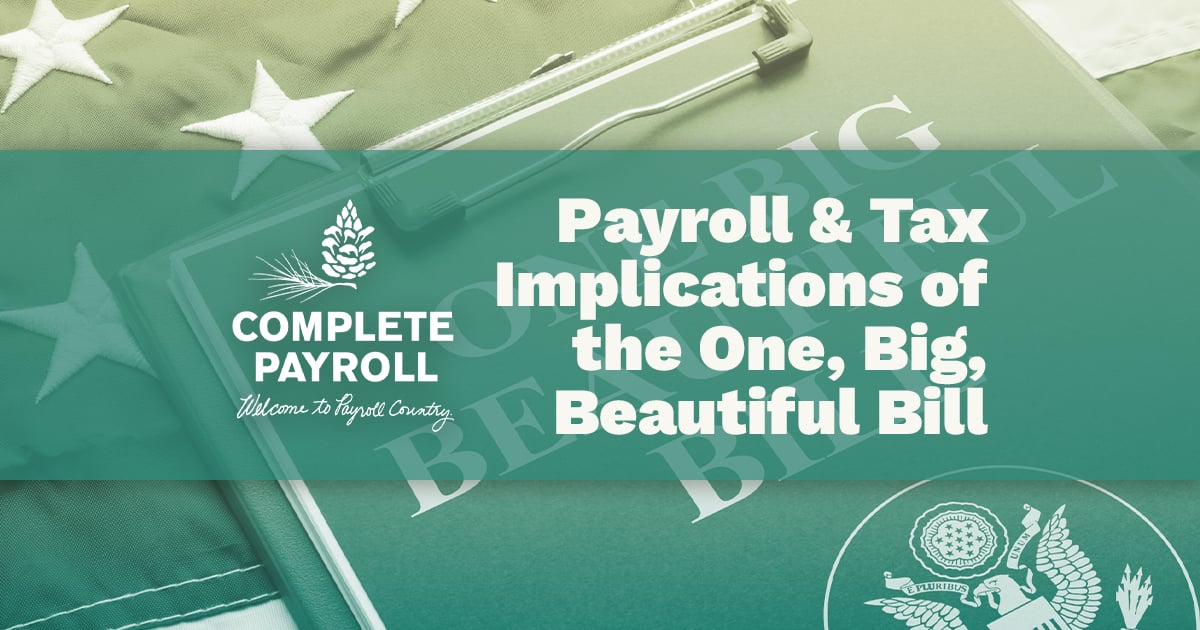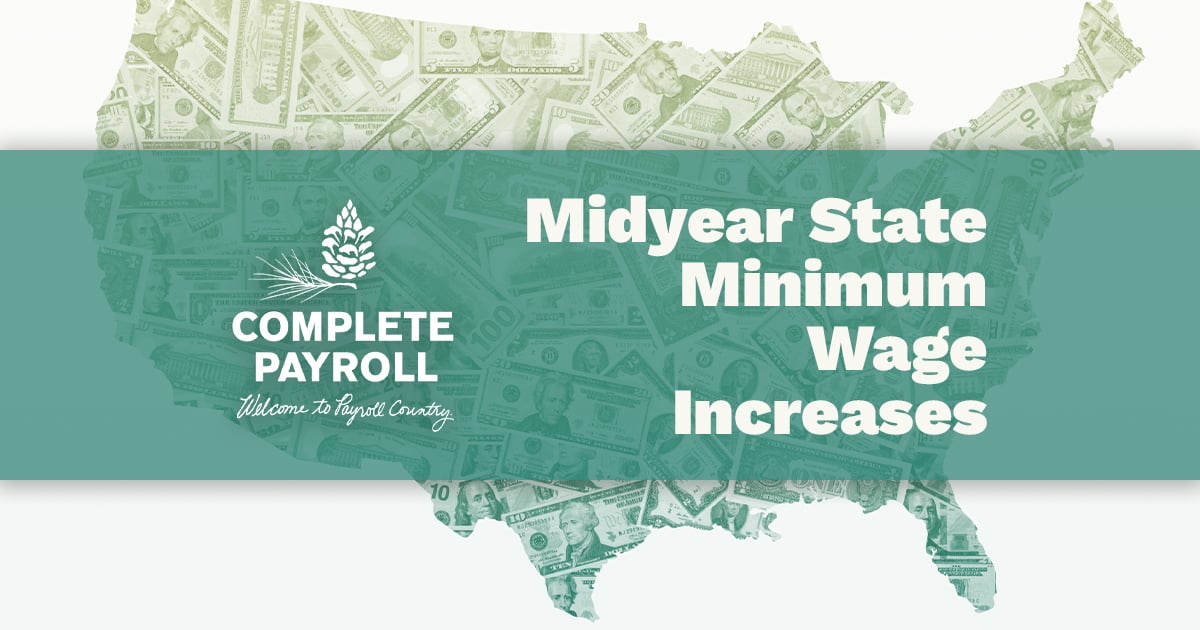Often called the Copeland (Anti-Kickback) Act, this act makes it unlawful for employers to receive kickbacks from employees on federally funded projects. Contracts subject to the Copeland Act need to contain a clause requiring contractors and subcontractors to comply with the regulations issued by the Secretary of Labor under the Copeland Act.
The Text of the Act
The actual text of the act is a single sentence:
“Whoever, by force, intimidation, or threat of procuring dismissal from employment, or by any other manner whatsoever induces any person employed in the construction, prosecution, completion or repair of any public building, public work, or building or work financed in whole or in part by loans or grants from the United States, to give up any part of the compensation to which he is entitled under his contract of employment, shall be fined under this title or imprisoned not more than five years, or both.”
A Bit of History
At the start of the Great Depression, Congress was forced to examine employer pay practices when a large workforce was competing for few jobs. Unscrupulous employers were paying workers far below a fair wage.
In 1931 Congress enacted the Davis-Bacon Act to protect laborers from being underpaid. This act established the requirement of a “prevailing wage” for contractors and subcontractors on projects funded in part or whole by federal money.
Contractors and subcontractors are required to pay laborers a wage that is not less than “locally prevailing wages and fringe benefits” for corresponding work on similar projects in the area. The wage information is recorded and reported to the U.S. Department of Labor and the government entity that contracted the work in the form of a submitted certified payroll.
Senator Royal S. Copeland’s Senate subcommittee on crime found that 25% of the federal money given to employees was returned to the employing contractor or subcontractor as a kickback. Copeland proposed the bill, S. 3041, in a statement to the Senate on April 26, 1934. It passed both the Senate and the House without debate. President Franklin D. Roosevelt signed the bill into law on June 13, 1934.
Enforcement of the Act
Employers found to violate the Copeland (Anti-kickback) Act are subject to fines and penalties. According to the Department of Labor, “Any contractor or subcontractor who induces an employee working on a covered contract to give up any part of the compensation to which he or she is entitled is subject to a $5,000 fine, imprisonment for up to five years, or both.
Willful falsification of the Statement of Compliance may subject the employer to civil or criminal prosecution and may be cause for contract termination or debarment. Contractors may challenge determinations on debarment before an Administrative Law Judge.
Decisions of Administrative Law Judges may be appealed to the Administrative Review Board (ARB). ARB determinations on debarment may be appealed and are enforceable through the federal courts. Civil and criminal sanctions are pursued through the federal courts.”
What This Means for You
Payroll is the nucleus of your workforce. The last thing you want is to violate federal regulations due to improper paperwork or poor record-keeping. The results could be devastating for your business, leading to excessive fines or being removed from a contract. It is critical for the success of your business to be aware of and compliant with laws such as the Davis-Bacon Act and the Copeland Act.
Feel confident with your payroll processes with Complete Payroll. We have an in-depth understanding of the basic hourly and wage requirements, newly passed legislation, and changes that are on the horizon. Regardless of your payroll needs, Complete Payroll has you covered.

















 Get Instant Blog Notifications
Get Instant Blog Notifications


